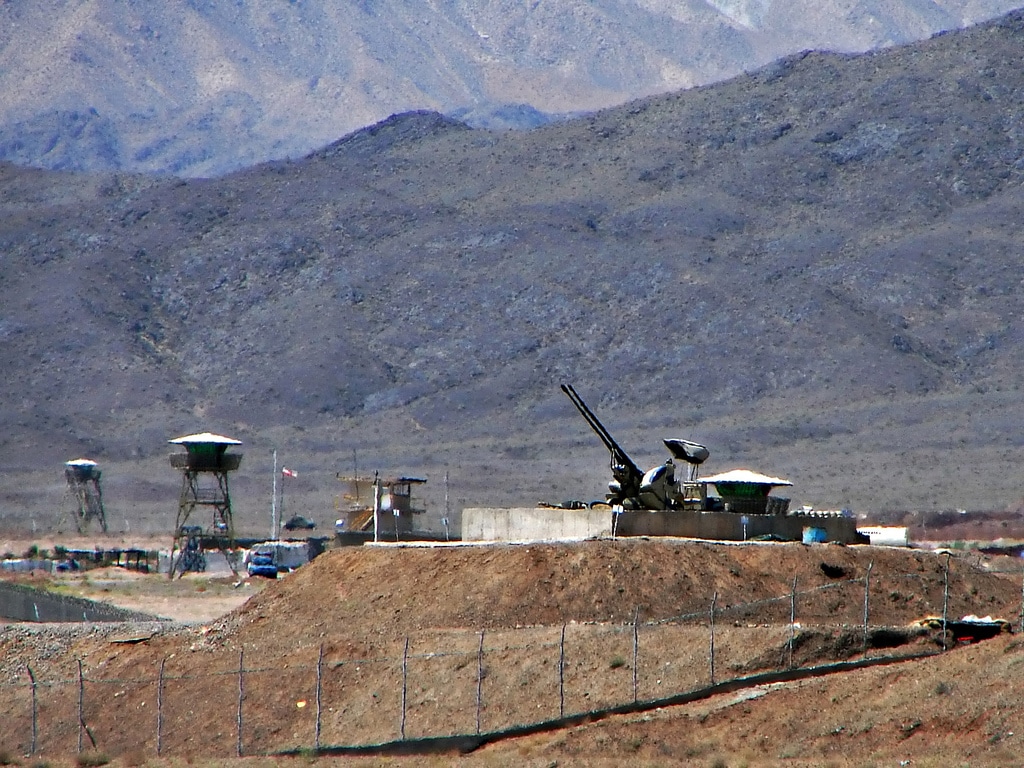By Susan D’Agostino

Iran’s Natanz underground uranium enrichment site—a key nuclear facility for the country—went dark on Sunday in what Iranian officials called an act of “nuclear terrorism” carried out by Israel. While Israel did not confirm or deny responsibility, Israeli and American intelligence officials have indicated that Israel’s Mossad spy agency played a role—a message that has been reported widely in Israeli media.
Iranian Foreign Minister Mohammad Javad Zarif vowed that Iran “will take revenge for this action against the Zionists,” according to the state-run Iranian news agency. The blackout was the result of an apparent physical attack on the power system that supplies the nuclear facility’s centrifuges, which could delay enrichment work there by months. On Monday, Salehi made clear that Natanz had emergency power to continue enrichment activities.
The Natanz power outage brings a shadow conflict between Iran and Israel into sharper focus. It also threatens to derail renewed efforts by Iran and the United States to revive talks on the Iran nuclear deal. Former US president Donald Trump exited the deal three years ago, and since then, Iran has inched away from full compliance with the agreement in a series of steps that aimed to pressure the United States to return to it. The Biden administration and Iran began indirect nuclear deal talks in Vienna last week and are scheduled to talk with other parties this week. The alleged attack will further strain US-Israeli relations. Biden has supported a US reentry to the nuclear pact; Israeli Prime Minister Benjamin Netanyahu has strongly discouraged such a move, noting that, “(s)uch deals with extreme regimes are worthless.”
This is not the first time the Natanz nuclear facility has been targeted. Last July, a mysterious fire—also a presumed act of sabotage—damaged the site’s highly guarded centrifuge facility. In 2010, against the backdrop of global concerns about Iran’s nuclear program, the Stuxnet computer virus, which was widely attributed to the United States and Israel, destroyed some of Natanz’s centrifuges. In a similar vein, Iranian nuclear scientists have been targets of assassinations, for which Iran has also blamed Israel. The prominent Iranian nuclear scientist Mohsen Fakhrizadeh, for example, was assassinated in 2020.
“Strikes, sabotage, assassinations—all of these activities only temporarily set back Iran’s nuclear program and increase the risk that Tehran will decide in the long term that it’s better off with nuclear weapons,” said Davenport. “These acts of sabotage are reckless and risk instigating a crisis.”
The White House has made clear it was “not involved in any manner” in the alleged sabotage, but has yet to condemn the attacks. In the event that US efforts to rejoin the Iran nuclear deal were a secondary target of the Natanz power outage, such a statement could be meaningful.
No comments:
Post a Comment